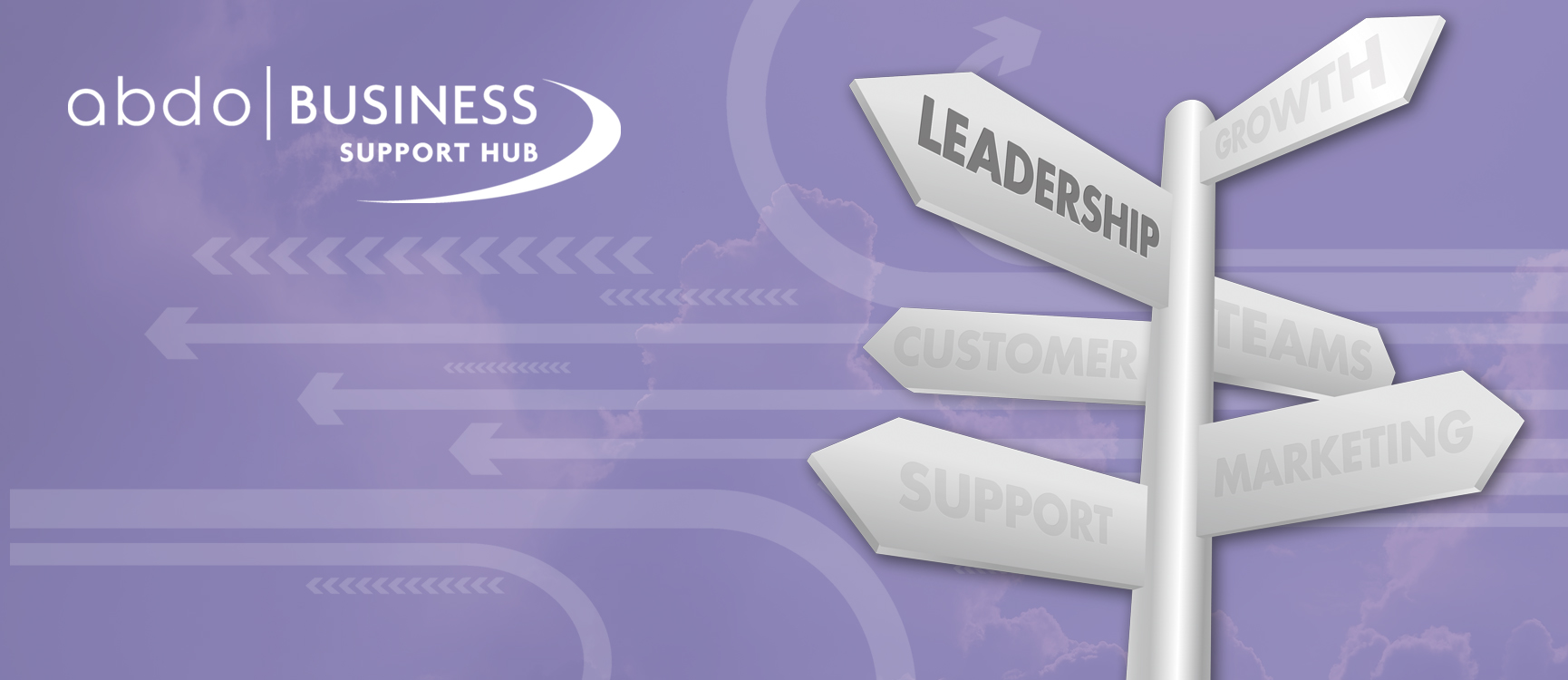
Mentoring & Imposter Syndrome
Back in 1978 Pauline Clance and Suzanne Imes identified the concept of imposter syndrome, as part of their study of 150 highly successful women who had earned PhDs in various specialties and who were respected professionals in their fields. Despite their degrees, high achievement, praise and professional recognition from colleagues and respected authorities, these women did not experience an internal sense of success. They considered themselves to be “impostors.” Clance and Imes found that people with imposter syndrome suffer from self-doubt, insecurity, and perpetual fear that their perceived inadequacies will be discovered. They view any successes and accomplishments as luck or through hard work, and not because of their inherent ability.
So, can you mentor someone suffering from imposter syndrome – and conversely will someone with imposter syndrome step forward to mentor?
The Mentee with Imposter Syndrome
It is hard to encourage someone’s talent, achievement, and creativity when it doesn’t sit with the mentee’s perception of themselves. Here we set out a number of key elements to bring into the mentoring environment to support someone with imposter syndrome.
- Normalise the imposter feelings. If a mentee confesses imposter anxiety, explain that many people feel like a fraud at times, including people in the public-eye such as Nobel prize winners, Facebook COO Sheryl Sandberg, actors Tom Hanks and Tina Fey and tennis star Serena Williams. It is even reported that Albert Einstein may have suffered from the syndrome towards the end of his life, confiding to a friend: “the exaggerated esteem in which my lifework is held makes me very ill at ease. I feel compelled to think of myself as an involuntary swindler.”
Remind the mentee that nobody knows everything and that those who don’t struggle with imposter concerns are no more intelligent, competent, or capable than those who do suffer with imposter syndrome.
- Challenge negative comments. Very often those struggling with imposter syndrome make blanket negative statements about themselves, such as: “I am stupid!”, “I am not good enough for this job” or “I made a complete mess of that piece of work”. As the mentor, ask them to clarify what they mean, and encourage them on the specifics that are making them feel that way. Then focus them on their accomplishments.
- Affirm, affirm, and affirm some more. Excellent mentors recognise imposter syndrome comments, and quickly respond with lots of affirmation and encouragement. There are two elements of affirmation. Firstly, affirm the mentee as a human being, acknowledging their inherent worth, accepting them without condition. Secondly, affirm them as a professional, pointing to their achievements and celebrating them.
- Share your own imposter moments. If you have had imposter feelings, tell your mentee about it. This will help your mentee recognise that they are not alone, and the fact that their respected mentor has also suffered, will reassure them.
- Do not allow your mentee to give you all the credit. Those with imposter syndrome tend to credit luck, extreme preparation, or their own mentors for their professional successes. Where they credit you, as their mentor, express thanks and then highlight how they deserve the credit for their achievement.
The Potential Mentor with Imposter Syndrome
It can be difficult to secure high achievers as mentors. This of course may be down to how much time they have available or their other commitments. However, it may also be down to the potential mentor’s imposter syndrome. Often potential mentors feel that they do not have the skills, knowledge, or experience to be a mentor: “what could the mentee possibly learn from me?” The mentor needs reassuring that they have plenty to offer the mentee. In addition, as management guru Peter F Drucker once said, “People learn the most when teaching others”.
There is anecdotal evidence that as a mentor with imposter syndrome sees their mentee flourish and achieve, the mentor flourishes themselves, recognising that they are having a positive impact on their mentee and as a result overcoming their own imposter syndrome.
Visit the ABDO Peer to Peer Mentoring Platform here
